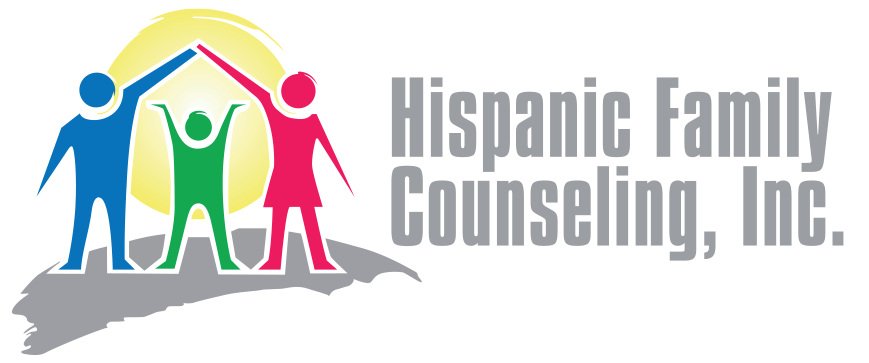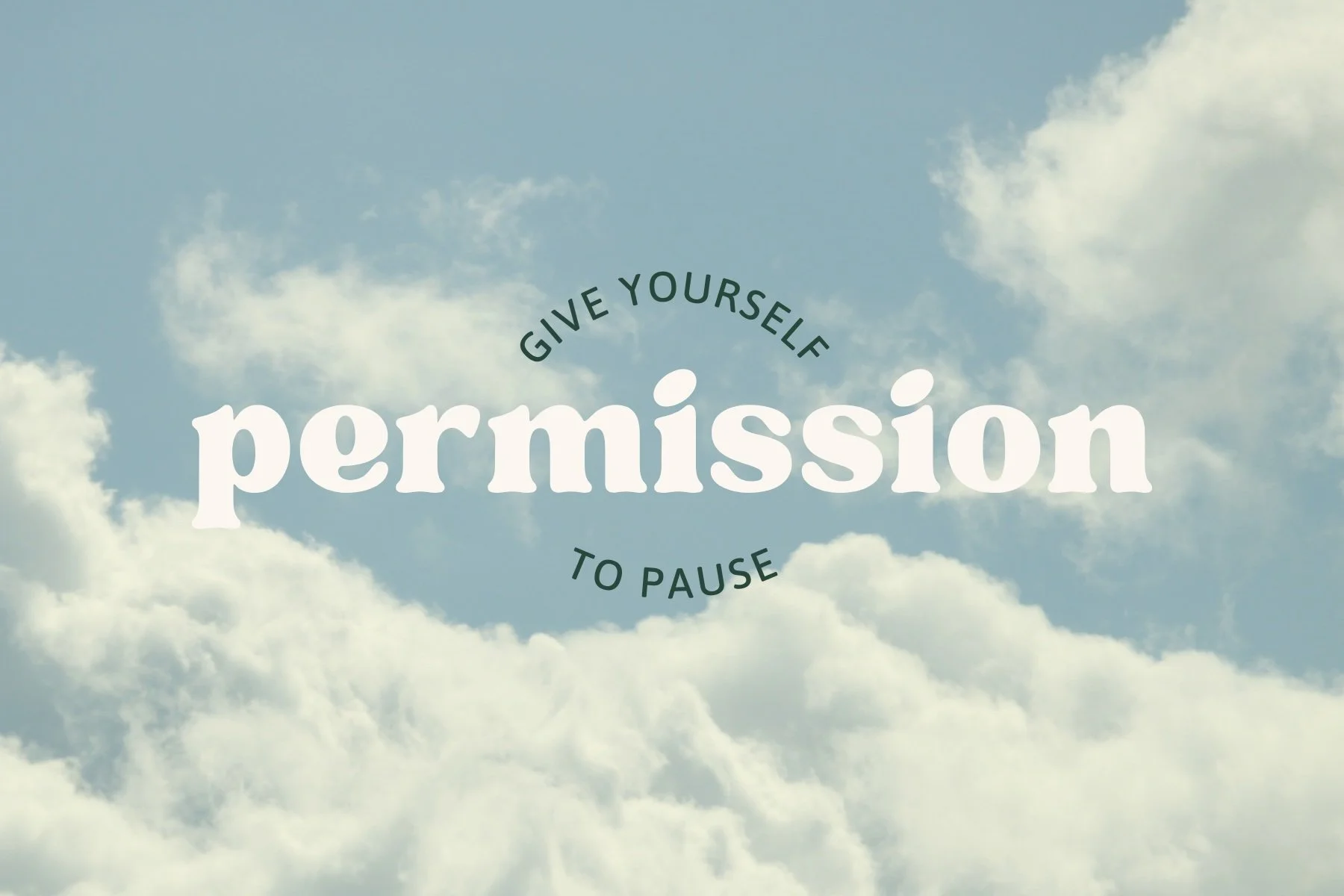Making Peace with Time: A Cultural Reflection
By Sheila Burgos
Time. It slips through our fingers, races against our calendars, and often feels like something we’re constantly chasing. In our modern world, time has become synonymous with productivity—how much we can do, how fast, and how efficiently.
But what if we paused to ask: Whose definition of time are we living by?
Cultural Clocks: More Than Just Hours and Minutes
Not all cultures view time the same way. In the United States, there's a dominant emphasis on “clock time”—rigid schedules, deadlines, multitasking, and an underlying belief that time is money. In many Latin American cultures, however, there’s a deeper value placed on connection over control, presence over productivity.
In Spanish, we often say “no te apures” (don’t rush) or “a su tiempo” (in due time). These phrases carry more than just comfort—they reflect a worldview where life unfolds in rhythms, not races.
Yet many of us—especially immigrants or first-generation families—grow up juggling both clocks: the cultural clock that prioritizes community, and the societal clock that demands constant output.
This tension can be exhausting, and even more so when we internalize the idea that rest must be earned or that slowing down is laziness.
The Trap of Hustle Culture
Hustle culture glorifies overworking. It tells us that our worth is defined by how much we accomplish, and that rest is only acceptable after total burnout. This mindset can be especially harmful in Latinx communities, where generations have worked hard to “prove” their value and ensure stability for their families.
While hard work is deeply ingrained in our values—and rightfully honored—there is also sabiduría (wisdom) in learning when to pause, reset, and listen to our bodies and hearts.
Rest is not just physical recovery. It is emotional regulation. It is cultural preservation. It is resistance against the idea that we must always be doing to be deserving.
Reclaiming Time with Intention
Making peace with time means allowing ourselves to slow down—not out of failure, but out of love. It means recognizing that healing takes time, growth takes time, and joy is not a distraction from our goals but part of the journey.
As we reflect this July, consider this:
What are your family’s cultural messages about time?
Are you measuring your worth by your busyness?
Can you allow yourself to embrace rest as a form of healing?
Inviting a New Conversation
At Hispanic Family Counseling, we honor the diverse stories, rhythms, and values that shape our community. We believe in a model of wellness that includes slowing down, being present, and redefining what success means—not just for individuals, but for families and entire cultures.
Let’s make peace with time. Let’s make room for balance. And let’s remember: our ancestors didn’t just survive by moving fast. They survived by moving together—with wisdom, community, and care.
You deserve your time.
You deserve to live in your rhythm.
If this message resonates with you or someone you love, we invite you to connect with our counselors. You don’t have to walk this journey alone.
📧 info@hispafam.com
📍Hispanic Family Counseling, Inc.
References:
Hall, E.T. (1983). The Dance of Life: The Other Dimension of Time.
Levine, R. (1997). A Geography of Time.
Maslach, C. & Leiter, M.P. (2016). Understanding the burnout experience. World Psychiatry, 15(2), 103–111.
Villatoro, A.P., Morales, E.S., & Mays, V.M. (2014). Family culture and mental health help-seeking. Am. J. of Orthopsychiatry, 84(4), 353–363.
Cadenas, G.A. et al. (2020). Cultural values and well-being among Latinx students. J. of Latina/o Psychology, 8(3), 184–198.
The Nap Ministry. (n.d.). Rest as resistance. thenapministry.com


